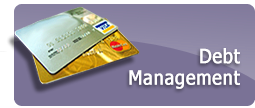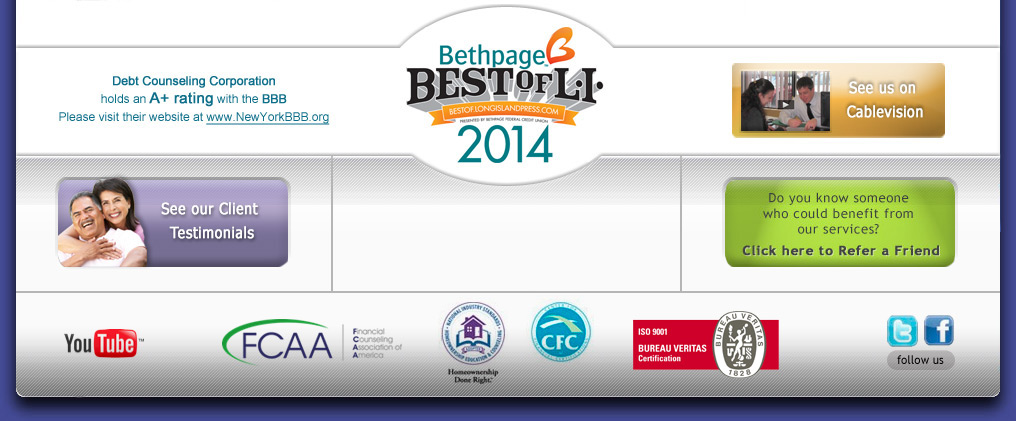Some Money Saving Tips
While Maintaining a Dignified LifeStyle
All of us would like to save a little money, right? But it can be hard to figure out how to cut expenses while still maintaining the quality of life we enjoy.
The fact is, there are simple, relatively painless ways to save money. And though most don’t want to admit it, people who are financially stable do adhere to some kind of budget or spending plan.
How can we make this work in our own lives?
- Pay yourself first. Experts agree that the most important thing for you to do immediately is start paying yourself first, as if you are your own creditor. Even if you are in serious debt, you must still pay yourself first, before you pay any bills.
It doesn’t have to be much. Even if you just save 50 cents a day or a dollar a week. You must cultivate the habit of saving, just as you’ve cultivated the habit of spending.
- Use a Spending Log for a few days. Write down every penny you spend, including small purchases such as a can of soda, and large purchases and bills. Note the trends in your spending habits. Note the trends in your mood when you spend. Then review the results and see if you can curb your spending.
- Watch out for the little things. It’s the little things that can really add up and cause big financial problems for us. Sure the big ticket items and services are the most noticeable ones. Rent or mortgage payment, car payment, groceries. But there are things we spend money on that are smaller, but still take a big bite out of our budget. Below is a list of some ideas on how to reduce spending. Use the ones that seem most relevant and achievable for you and your situation.
Household
- Learn to do simple repairs by reviewing “fix-it” books in the library
- Do your own painting rather than hiring painters.
- Adjust the thermostat for night; consider an electric blanket, attic fan, etc.
- Cook using minimum energy appliances – use the toaster oven instead of the regular oven for small meals, for example
- SHUT THE LIGHTS when not in use; switch to fluorescent bulbs
- Conserve water: lower the temperature of water heater and reduce the water pressureS
- ave long distance calls for emergencies only and/or dial long distance only when the rates are lowest, usually in the evenings and on weekends
Food
- Bring your lunch to work or school instead of buying it
- Do more cooking from scratch instead of buying prepared meals
- Buy in quantity when possible – but only when it makes sense
- Clip coupons and use them – but only for the products you know you like
- Refrain from buying junk food - -or at least minimize it!
- Plan menus in advance; base menus on weekly specials
- Eat left-overs
- Buy generics; compare prices
- Shop as infrequently as possible so you will be tempted to spend less often
- Make a grocery list that is based from planned meals and stick to it
- Shop alone and when you're not hungry
Transportation
- Consider selling your car if you can
- Car pool if possible, to save money on gas and to spare you car extra wear and tear
- When buying a car, first consider the cost of gas, repairs, and insurance premiums which vary.
- The value of a new car depreciates about 15% on average during the first three years, and about 6-8% on average for every year thereafter. Consider buying a late model used car instead of a new car.
- Use public transportation
- Do your own maintenance; keep vehicles well maintained
Clothing
- Wear clothing that doesn't require dry cleaning or ironing
- Buy all-season clothing, and mix-and-matchable outfits
- Do your own repairs/sewing, at least for the simpler tasks such as hems and buttons
- Hang clothes to dry when possible, instead of using the dryer
- Have children change to play clothing after school so they don’t ruin school clothes
- Purchase clothing that is unclaimed from dry cleaners; shop at thrift stores/garage sales
Medical
- Serve nutritious meals--it's cheaper in the long run!
- Have regular check-ups
- Use immunization clinics which are usually free or low-cost
- STOP USING TOBACCO, ALCOHOL, AND DRUGS
- Learn symptoms of common diseases to avoid doctor's appointments when safe to do so
- Investigate services offered by the Health Department in your area.
Employment
- Develop skills to enhance your position
- Secure your position by becoming a more valuable employee; Inform your boss that you have an interest in further training
- Keep a positive, helpful, “can-do” attitude!
- If it is available, work overtime hours and get paid (usually) time and a half of your hourly wage
Childcare
- Explore government, church-operated, temple-operated day care
- Share childcare responsibilities with a trusted friend or neighbor
Entertainment
- Eliminate cable TV. Instead, read. Plan a family night once a week. Spend evenings with friends, listen to music, keep a thought journal
- Use public parks/picnic areas; discover camping
- Have potluck dinners with friends or through your local church or temple
- Attend high school sports events as opposed to professional ones
- Choose matinees instead of evening events
- Take a vacation at Home. Plan inexpensive activities--short day trips, parks and recreation programs
- Instead of buying expensive magazines, go to the Library and read them there.
Personal/Miscellaneous
- Select inexpensive cosmetics and personal care items--except in case of allergies, they work as well
- Give yourself your own manicures at Home
- Choose hair styles that don’t require as much maintenance as other styles
- Go to salons that are more reasonably priced
- Set a clear, reasonable allowance for yourself and STICK TO IT
- Carry small amounts of money
- Learn to do your own pet grooming
Savings
- PAY YOURSELF FIRST. Put some money in the bank from each paycheck you get - no matter how small!!
* Use savings only for emergencies - Save regularly for periodic expenses such as car registration/maintenance, insurance, taxes
Gifts
- Make your own, or, better yet, give of your time instead of money
- Remember that relationships are based on good feelings and experiences with one another, not on how much money you spend on a gift.
This is a secure website - your information will be encrypted. Click on the image below for more security information.



















